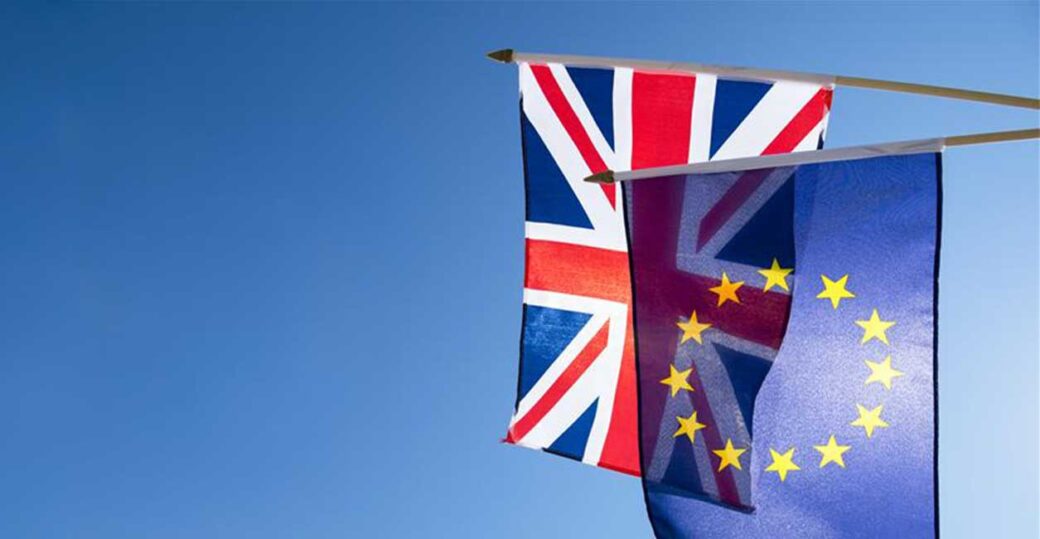On the 25th of May, we entered the pre-election period during which time there are restrictions on government activity, with Parliament dissolving on 30th May. To ensure the smooth functioning of the government and public services during this time, essential business will continue. However, in line with the Civil Service Code and Ministerial Code, the Department for Environment, Farming and Agriculture (Defra) will not initiate new activity.
Defra continues to prepare for the implementation of the Collection and Packaging Reforms programme which includes Extended Producer Responsibility (EPR) for packaging. However, this could mean delays to elements of EPR guidance and legislation such as the announcement of the EPR illustrative base fees. The ability to achieve the original timeline, could be impacted.
Whilst a change in Government could impact Defra’s ability to achieve their initial timelines, all main political parties are in support of EPR, and we don’t expect to see any major changes to the policy (at least in the immediate future). Clarity has put together a guide on the main political party stances on EPR and related waste policies so you can stay ahead of the curve of the environmental policies that may impact your business.
Conservatives (Current Government)
The Conservative Party has generally supported EPR schemes as part of their broader environmental and waste management policies. They introduced the Resources and Waste Strategy in 2018, which includes measures to improve recycling rates and reduce plastic waste. Under this strategy, the government has committed to implementing EPR for packaging, which requires producers to cover the costs of recycling and disposing of packaging waste.
Greens
The Green Party advocates for a circular economy that reduces the waste of resources, zero waste policies and believes that producers should be fully responsible for the environmental costs of their products. The Green Party’s position includes high recycling targets, penalties for non-compliance, and strong incentives for reducing packaging waste.
The party also pledged to make ten-year warranties mandatory for white goods to encourage repair and reuse and to “eliminate built-in obsolescence”.







